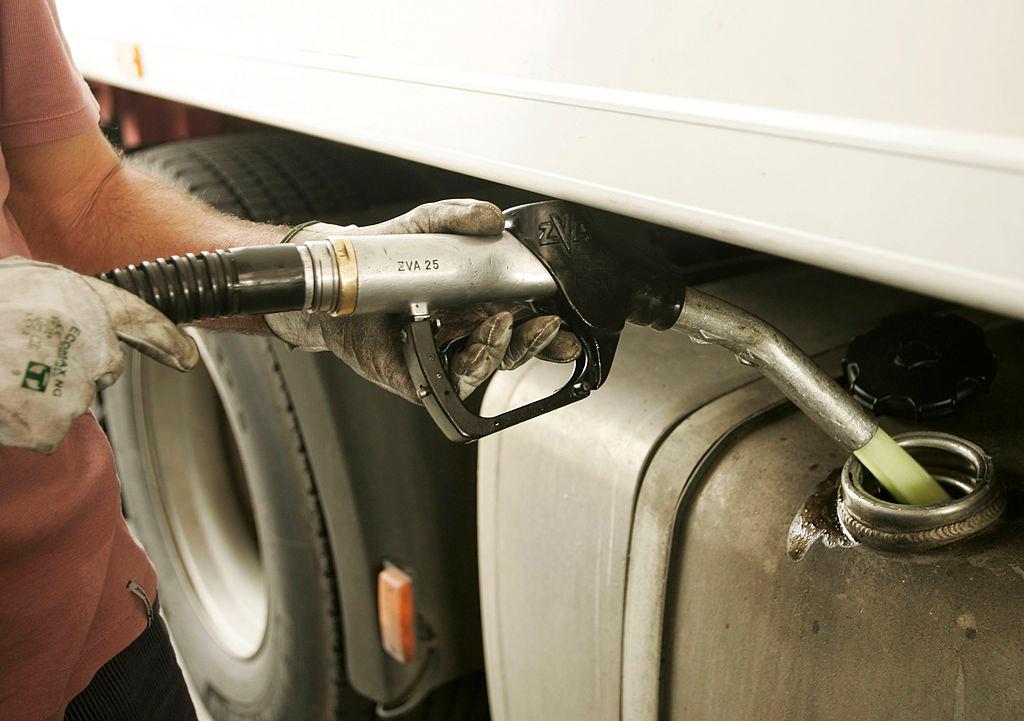A $133.7 million climate-change program failed to reduce diesel emissions in Canada’s northern communities, but did result in “trusting and respectful relationships” with indigenous people, according to the Department of Crown-Indigenous Relations.
“Officials described the program as primarily ‘about relationships’ which is the primary driver of program success,” said auditors “The program has successfully built trusting and respectful relationships with Indigenous and Northern communities.”





